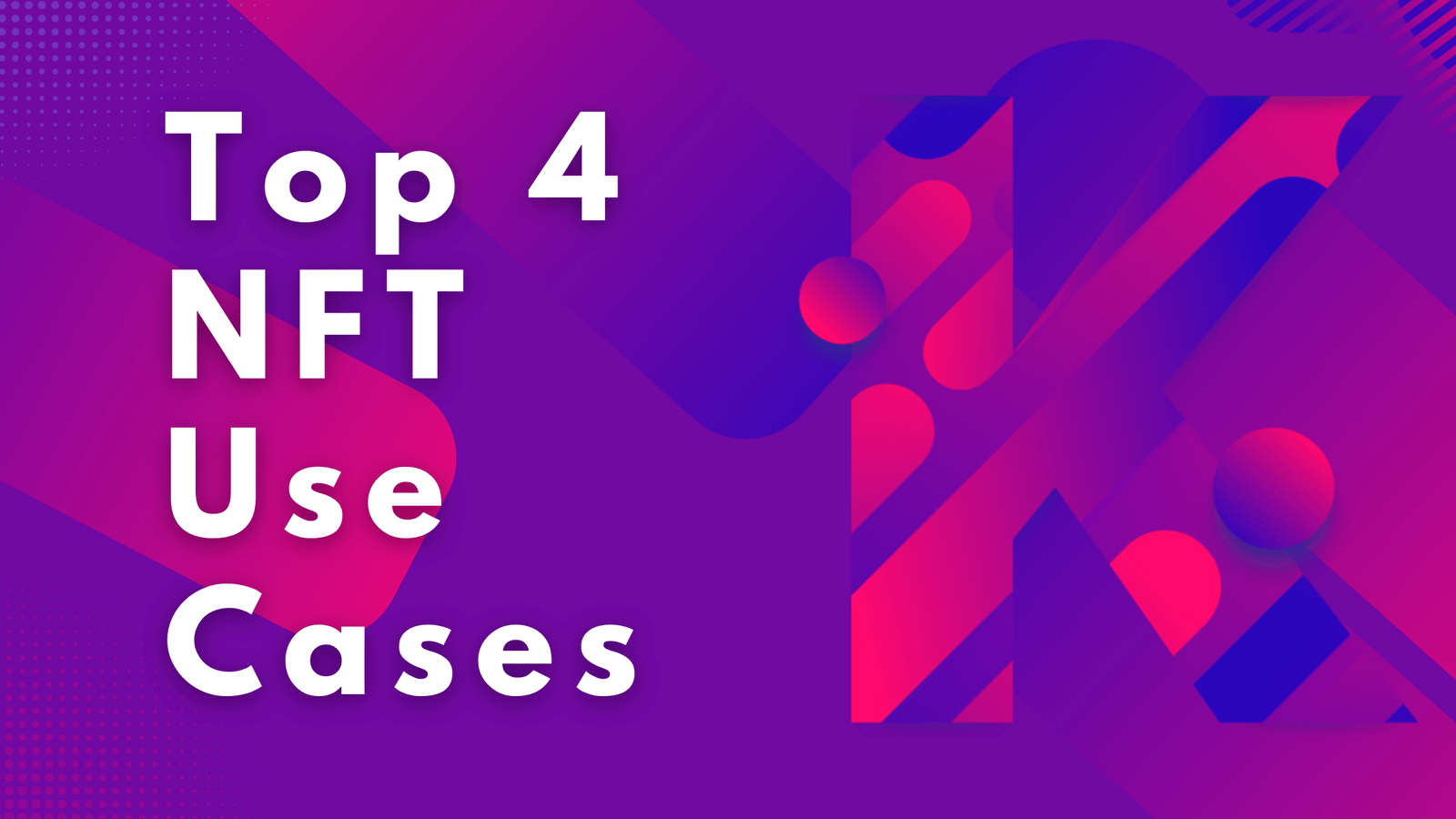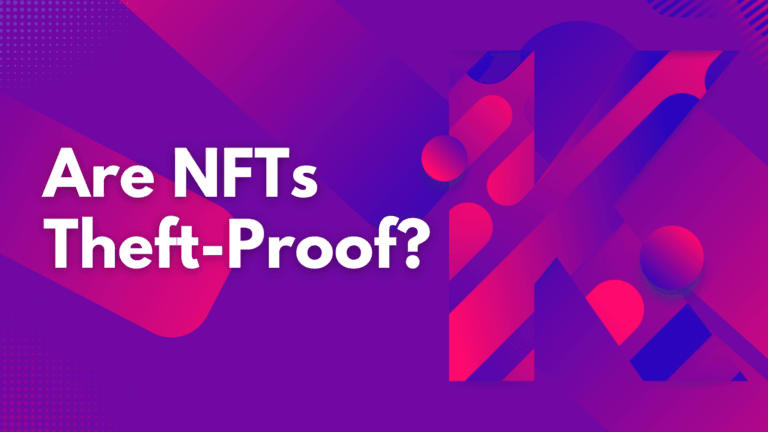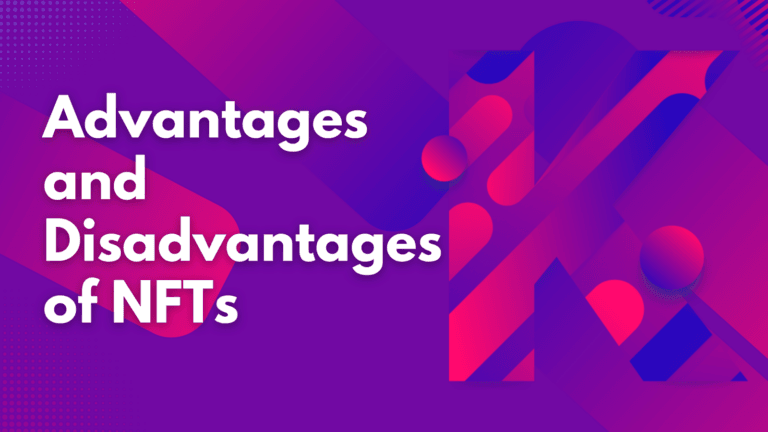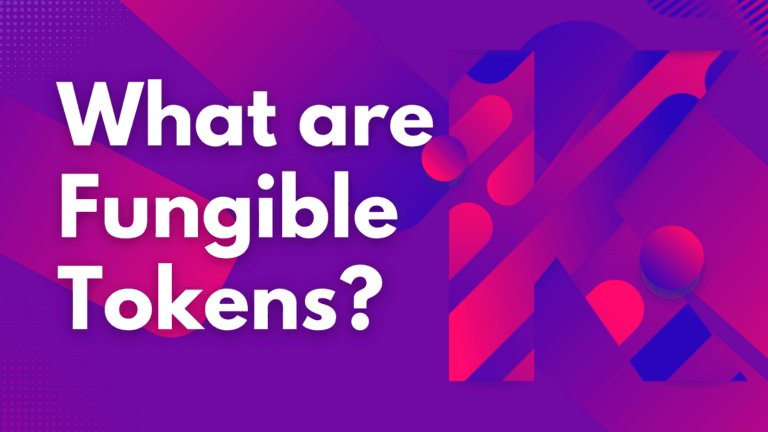Here are the top 4 NFT use cases that is The NFT Art Marketplace use case, The NFT Real Estate Market use case, NFT market for musicians and The NFT market for gamers
1. The NFT Art Marketplace
Let’s start with one of the most significant use cases that the NFT art market seen.
Will the NFT alter the art market? NFT appeared to be a response to a significant issue in the art world. Digital files, and hence digital art, may usually be copied, downloaded, and moved without difficulty.
There are no limits at all.
Because each digital artwork will only have one or a limited number of owners, NFTs provide two key features: authenticity and scarcity.
Digital art can function similarly to non-digital art thanks to confirmed ownership, which creates scarcity while also verifying ownership.
NFTs have the ability to disrupt the art market in other ways than gathering and exchanging value.
in a variety of ways.
To begin with, they have the potential to change the way art is traded by eliminating the need for galleries and dealers.
Digital artists can sell their work directly to collectors through a platform. The reason why the new auction houses are so keen to join this market is to avoid being skipped.
Second, NFT contracts may include a condition that deducts a percentage of any resale proceeds for the artist’s benefit.
This is great news for artists who have historically been harmed by resale revenues.
That’s all right. So that’s all for the art market; let’s move on to another critical application.
2. The NFT Real Estate Market
Non-fungible coins aren’t just for digital art. It’s probable that they’ll end up in the real estate industry. Because real estate is such a fast-paced industry, it’s vital to stay up to date on all of the latest advancements.
The blockchain and cryptocurrency revolution are having an impact on a variety of industries, including real estate.
As a result of these events, you should be on the lookout for a host of new opportunities as an investor.
Tokens that are not fungible NFTs can be used to sell real estate, partial ownership, or debt.
Let’s take a look at NAFTA for fractional real estate ownership, which is a fascinating topic.
So, despite their ubiquitous use in the digital world, one thing to keep in mind is that
Digital assets aren’t the only thing that NFTs can be used for.
You can use NFTs to represent the ownership of tangible items such as jewels or real estate if you choose.
One example of this is fractional ownership. Homeowners may be able to sell a portion of their property to a large number of small investors using blockchain tokens.
Token holders may receive a rental income, a piece of the company’s capital, or a mix of the two.
Individuals may be able to buy and sell rental property fractional ownership by holding the tokens in a liquid market without an intermediary.
As a result, more people will be able to enter the world of property investment. Those who need to free up equity without taking out a loan or relocating would have more options.
NFT mortgages are another key topic. The fact that you own something isn’t the only thing that matters. Borrowing may also be a possibility.
It may be feasible to borrow in the future by issuing NFTs that are secured by your property. Individual investors would then be able to purchase an NFT that reflected a small percentage of the debt, and holders of NFTs would be repaid proportionally. What’s the deal with the blockchain?
So, now that we’ve seen all of the advantages, let’s look at the disadvantages of such approaches. When working with cutting-edge technology, there’s always the risk of something going wrong.
It’s critical to think about the disadvantages as well as the potential rewards. While NFTs may be able to liberate property capital, who would be in charge of governing it?
Is it possible that someone will be compelled to sell their home due to an annuity? The token owner has a sufficient number of tokens. The individuals who live there would be in grave danger as a result of this.
What if the token holders don’t actually own the land? Would the occupants be able to stay there indefinitely?
This would prevent investors from ever benefiting from an increase in the value of their investments.
So, let’s look at another key question we need to consider. In terms of real estate investment, might NFT benefit from property crowdfunding platforms?
So, what’s the true difference? Many of these websites have closed, leaving investors in a terrible situation.
So it’s uncertain whether NFTs will truly cut out the middlemen, especially because the property will still be administered by someone. There is a way around this.
To choose these people, we’d need a decentralized method.
Finally, it’s feasible that Neft mortgages may come with their own set of issues that only a few people will be able to solve.
collect on a loan that has been defaulted on.
It would be a catch-22 situation for both the lender and the debtor.
If each creditor could collect payments on their own, but only one party could collect payments,
These mortgages will operate similarly to peer-to-peer lending platforms and will be subject to the same regulations.
The same centralization difficulties as those numerous platforms apply.
In conclusion, NFTs in real estate will have a learning curve, just like everything else.
Having said that, no matter how long it takes for a new technology to become mainstream, there is always potential for improvement.
We must all be ready to seize opportunities when they arise.
3. NFT market for musicians
Men, such as singers and artists, are now making billions of dollars thanks to an unexpected new trend in the cryptocurrency market.
Music has shown to be a great tool for expressing emotion and spreading ideas and information time and time again.
For example, Japan has long used music to disseminate knowledge about NFTs and its numerous benefits, as evidenced by the album NFT The World by the Crypto Girls, which has become a worldwide hit.
With NFTs, the latest crypto craze has snatched it up and taken the lead in developing museum collections.
Global Inc has created a new NFT music player that functions as a music marketplace for musicians, allowing them to debut their songs on their platform and earn a continuous income.
Because of its tremendous potential and the universal interest in music that the NFT music industry is able to raise among music artists and fans alike, this is a new trend that is attracting many companies.
As a result of new uses for the technology, the NFT industry is booming.
The NFT marketplace is a collaborative area where users can submit their digital inventions to mint their own NFT exchanges, which allow anyone to mint and trade NFTs in real time.
Various marketplaces, like as Rarible and OpenSea, allow individuals to construct their own NFTs regardless of their industry.
Because of the prominence and capabilities of the sector and its leading players, industry-specific markets have a greater reputation and audience traction.
For all of its intrinsic elements and high levels of audience interaction, music is by far the most popular form of entertainment, with a large fan base and a steady flow of new ideas entering the industry.
In the decentralized network, the NFT music marketplace is a game changer.
So, let’s have a look at the NFT music components that push the envelope.
Okay, we all know that music recordings are extremely valuable treasures.
Because music is such a strong force in people’s lives, my music fans have been excitedly anticipating their arrival.
It necessitates a reputation that has only become stronger as testing and trends have evolved. NFTs from a popular album will be in high demand on the NFT market, where they can be profitably sold.
Musicians are masters at controlling the human brain through their captivating art. As a result of the popularity and market value that the creators enjoy, these creations are one-of-a-kind.
The words and instruments of the NFT song will have immense market reputation and demand, allowing nonfungible tokens to skyrocket in value.
The NFT marketplace also serves as a stepping stone for budding artists wanting to break into the industry.
So, having stated that, we recognize the enormous potential of the market for musical NFTs. When these albums initially come out, there are millions of people waiting for them, and once upon a time, there were millions of people waiting for them.
The economics of a country was defined by the reach and influence of its artists, as measured by the sales of music records and concerts.
NFTs that can be redeemed for the actual CD are known as redeemable NFTs. And a well-known musician recently provided this form of NFT by releasing a music album as an NFT that could be redeemed for the actual CD.
The authenticity of the product is guaranteed. The circulation of NFT is increasing. As the NFT value rises in tandem with the record, piracy is reduced.
Let’s look at how those sites make money now. First, regardless of where you live or what language you speak, we have albums.
The reception of albums is always positive.
Only sound can travel, and it can only be identified by air movements, such as John Neft’s ability to cross borders and reach a large consumer base. Then there are the musicians.
Adding well-known musicians to the platform can help it gain a better reputation by attracting huge audiences to the site, resulting in higher rewards.
Artist collectibles will also bring significant value to the market by attracting a huge number of non-traditional collectors.
The publication of a new album by well-known artists allows the marketplace to reach a larger audience all around the world.
Additionally, through the NFT marketplace, it boosts awareness of both the music and the platform’s track record to a wider audience.
Okay, so there are a lot of exciting things occurring in the world of NFT for music. Let us now proceed to the following lecture.
4. The NFT market for gamers
As a result of the non-financial sector’s recent entry into the multibillion-dollar gaming industry. NFT games were created.
In exchange for their involvement, several of these games provide players real crypto assets. Tokenized in-game assets have made it feasible to collect in-game things as non-fungible tokens in several of these games.
Gamers can make money by collecting and exchanging NFTs while playing NFT games. NFTs can be used to purchase playable characters, weapons, and automobiles. I’m familiar with the in-game goods.
Without having to give up their assets, NFTs can be sold for a profit or accumulated under a player’s acquired crypto benefits from the game.
People are interested in gaming and crypto, or are beginning to go into NFT gaming vocations, depending on the game’s restrictions.
These five entertaining games might help you earn cryptocurrency. To all the soccer fans out there, I present this nice football game, well, sorry, that allows you to manage and digital soccer squad.
In the game, players are represented by digital cards based on the Ethereum blockchain.
Players can earn money or ethical coin by constructing a football squad from football player cards and competing in competitions.
This game’s prizes are either tokens or money provided to the players.
Keep in mind that Ethereum is currently the world’s second most valued cryptocurrency, and you’ll be OK.
Delta Time F1 F1 Delta Time is a vehicle racing game based on the Ethereum blockchain in which participants win fungible tokens.
Tokens are small divisible tokens that can be merged to create larger crypto values.
Vehicles, drivers, components, and trinkets are among the tokens.
Alternatively, the game’s components may be sold as NFTs, which could be maintained or traded for a future evolution.
Land Evolution Land is a new global game that features 26 continents made up of elements such as fire, gold, water, wood, silicon, and so on.
A participant must engage in building, mining, and science-related operations in a player against player scenario.
To send, receive, and handle crypto assets from other players and in the form of in-game awards, a player must create a crypto wallet.
Unchained is a game god I know. Gods Unchained is a free-to-play card game that mixes NFT and traditional card trading components.
To obtain high-ranking cards for their opponents, players must win matches.
To complete transactions, quality cards can be swapped for bitcoin on the platform’s marketplace.
To play the game right now, you’ll need Ether. Another game, Z1 Z1, is a horseback riding NFT game in which players must purchase NFT cards for the horses they wish to ride.
When a player wins a race, they can exchange their NFTs for a number of cryptocurrencies to make a profit. Let’s sum up what we’ve learnt thus far.
Sure, as the crypto and e-game industries grow, so should the NFT gaming industry. Statista estimates that the global gaming market will be valued around $200 billion in the next five years.
This would undoubtedly improve the NFT gaming business by billions of dollars. So, that was the end of the NFT market for gamers.







